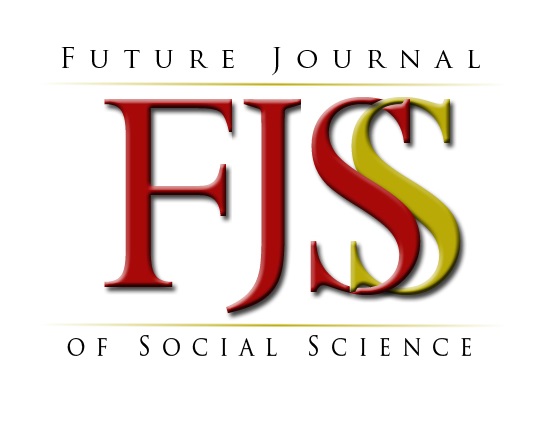Future Journal of Social Science

Abstract
This paper explores the critical role of student engagement in addressing the growing challenges of climate change, with a focus on the Model United Nations (MUN) as a case study. As climate-related security threats increase globally, educational platforms that prepare youth for effective leadership in climate politics are more essential than ever. MUN, a widely practiced student activity simulating global policy-making, provides a valuable opportunity for students to deepen their understanding of the interconnectedness between climate change, peace, and security. By participating in MUN simulations, students engage in debates, develop innovative solutions, and practice diplomatic skills, all while exploring the complexities of the climate-security nexus.
Through surveys and interviews with MUN participants, this study examines how involvement in such simulations fosters critical thinking, problem-solving abilities, and leadership skills. Students gain practical experience in crafting collaborative strategies to address climate-related challenges, mirroring the dynamics of real-world policymaking. The research highlights how MUN serves as a platform for youth to advocate for sustainability, foster global collaboration, and contribute to discussions on climate resilience.
Despite challenges such as resource constraints and accessibility, this paper underscores the transformative impact of student engagement in climate politics. It offers practical recommendations for educators, institutions, and MUN organizers to strengthen the educational value of simulations and expand opportunities for student participation. By empowering students to actively engage with climate issues, this study emphasizes the importance of nurturing a generation of informed, proactive leaders equipped to tackle the pressing environmental challenges of our time.
Recommended Citation
Elkalaf, Bassel Mostafa
(2024)
"The Impact of Student Engagement Activities on Future Climate Change Adaptation: The Case of Student Simulation Models,"
Future Journal of Social Science: Vol. 3:
Iss.
2, Article 4.
Available at:
https://digitalcommons.aaru.edu.jo/fjss/vol3/iss2/4
Included in
Adult and Continuing Education Commons, Adult and Continuing Education and Teaching Commons, Civic and Community Engagement Commons, Community-Based Learning Commons, Community-Based Research Commons, Community College Leadership Commons, Curriculum and Social Inquiry Commons, Databases and Information Systems Commons, Data Science Commons, Data Storage Systems Commons, Defense and Security Studies Commons, Development Studies Commons, Educational Assessment, Evaluation, and Research Commons, Educational Leadership Commons, Educational Methods Commons, Educational Technology Commons, Environmental Education Commons, Environmental Health and Protection Commons, Environmental Indicators and Impact Assessment Commons, Environmental Monitoring Commons, Environmental Policy Commons, Environmental Studies Commons, Higher Education and Teaching Commons, Information Security Commons, International and Area Studies Commons, Leadership Studies Commons, Nonprofit Studies Commons, Organization Development Commons, Political Science Commons, Politics and Social Change Commons, Public Policy Commons, Risk Analysis Commons, Science and Technology Studies Commons, University Extension Commons

